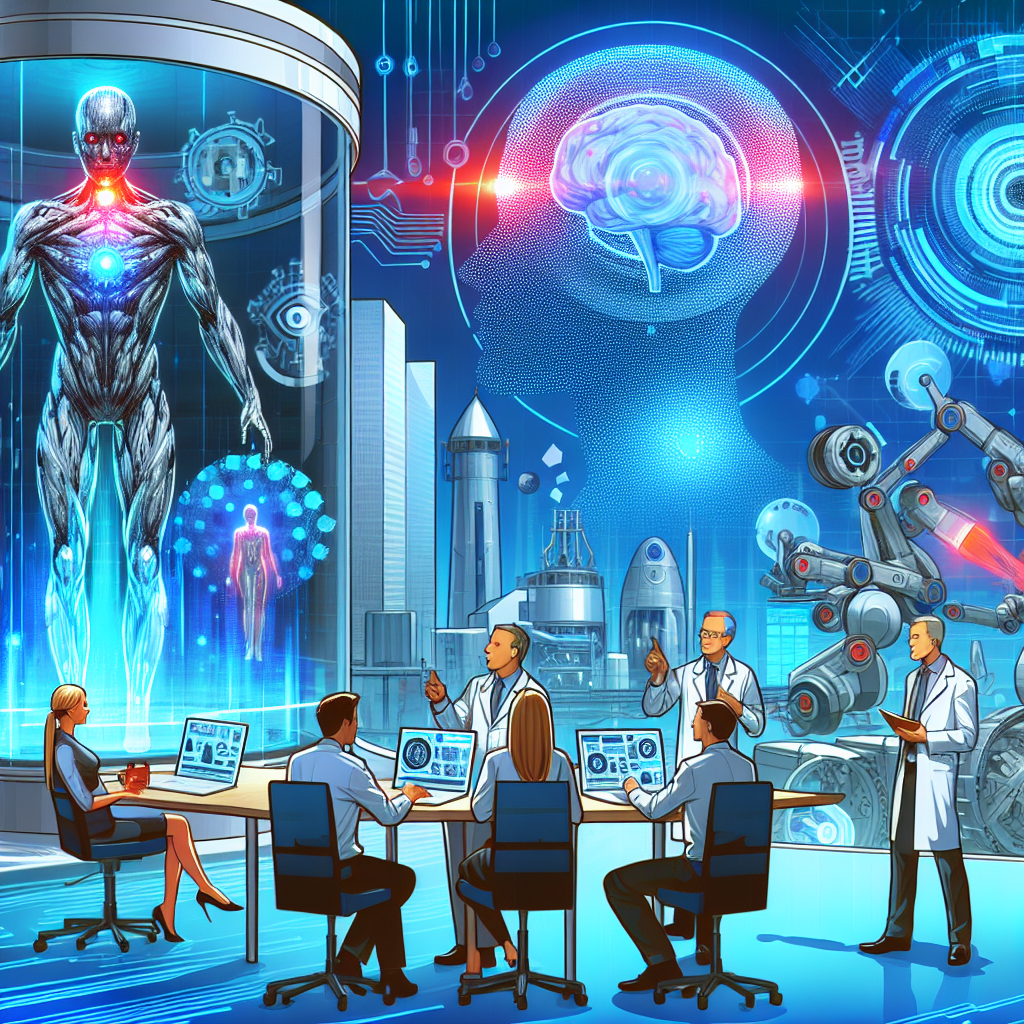OpenAI Faces Scrutiny Over AI Model Safety Practices
In the rapidly evolving world of artificial intelligence, innovation often races ahead of safety protocols—and according to recent reports, OpenAI may be exemplifying this trend. The company behind the powerful GPT language models is allegedly placing an outsized focus on releasing new, “shiny” products at the expense of rigorous safety testing. This prioritization has raised eyebrows among experts and industry observers, sparking debates about short-term gains versus long-term risks.
Is Speed Undermining Responsibility?
As OpenAI competes fiercely with other tech giants and research institutes in the AI arms race, it has reportedly cut down the internal time devoted to safety evaluations. These evaluations are crucial in ensuring that new AI tools function within ethical and societal boundaries. According to several sources familiar with OpenAI’s internal operations, this accelerated development tempo is part of a broader shift aimed at maintaining market dominance rather than ensuring systemic trustworthiness.
Internal Concerns Amplify the Issue
Insiders within OpenAI have reportedly voiced unease about the accelerating cadence of AI releases. Safety researchers allegedly feel sidelined, with some expressing concern that they are not given adequate time to thoroughly evaluate potential risks, such as:
- Biases and fairness issues in AI-generated outputs
- Misuse of language models in the creation of misinformation or spam
- Lack of transparency around how AI decisions are made
- Potential for emergent behaviors that were not foreseen during training
The urgency to release new tools—like ChatGPT upgrades and integration across Microsoft platforms—has shifted the company’s risk tolerance. While OpenAI has publicly stated its commitment to safety and alignment, the reported trimming of crucial testing periods suggests a growing gap between public communication and internal practice.
Product Releases Versus Precautionary Development
OpenAI has made significant strides in AI development, gaining widespread acclaim for tools like ChatGPT, DALL·E, and Codex. These tools have unlocked new possibilities for creative expression, communication, and productivity. However, their immense capabilities also introduce nuanced risks that require methodical safety evaluations before large-scale deployment.
A Competitive Landscape Increases the Pressure
Market competition is a key driver behind OpenAI’s current strategy. With formidable players like Anthropic, Google DeepMind, Meta AI, and others racing to launch equally capable systems, OpenAI finds itself in a balancing act between innovation velocity and safety assurance. Time to market has become a currency of its own, pushing organizations to sometimes deprioritize protocols meant to mitigate long-term harm.
What Does This Mean for the Future of AI?
The revelations raise broader concerns about the AI industry’s overall direction. If one of the most prominent AI companies in the world feels compelled to sideline safety practices to stay ahead, it sets a troubling precedent for other players in the ecosystem. Experts warn that failing to integrate robust safeguards into the foundational phases of AI development could result in misaligned or harmful systems being released to the public.
Calls for Accountability and Transparency
In light of the reports, there is growing demand from researchers, ethicists, and lawmakers for enhanced accountability and oversight in AI development. Suggestions from the community include:
- Establishing industry-wide safety benchmarks mandated by independent regulatory bodies.
- Implementing transparent disclosures for every major AI product explaining its risks, limitations, and intended uses.
- Creating third-party auditing mechanisms to validate a company’s safety protocols.
If OpenAI and its peers continue to prioritize rapid deployment over meticulous safety evaluations, they risk not only the reputational fallout but also the trust and safety of the broader public.
Balancing Innovation With Ethical Stewardship
AI is changing the world in unprecedented ways, offering both promise and peril. As one of the torchbearers in this revolution, OpenAI has an outsized responsibility to model best practices—not just in product development, but in safety, accountability, and transparency.
As pressure mounts from both inside and outside the company, it remains to be seen whether OpenAI will recalibrate its strategy to prioritize long-term trust over short-term dominance. For now, the spotlight remains firmly on how they choose to navigate this critically important crossroads.
Final Thoughts
The recent revelations serve as a wake-up call for the entire tech industry. As transformative as AI technologies are, rushing to deploy them without robust safety checks can lead to unintended consequences. OpenAI—and indeed the AI world at large—must commit to prioritizing not just progress, but principled progress.



Leave a Reply